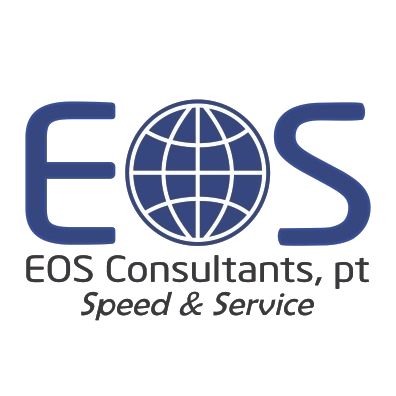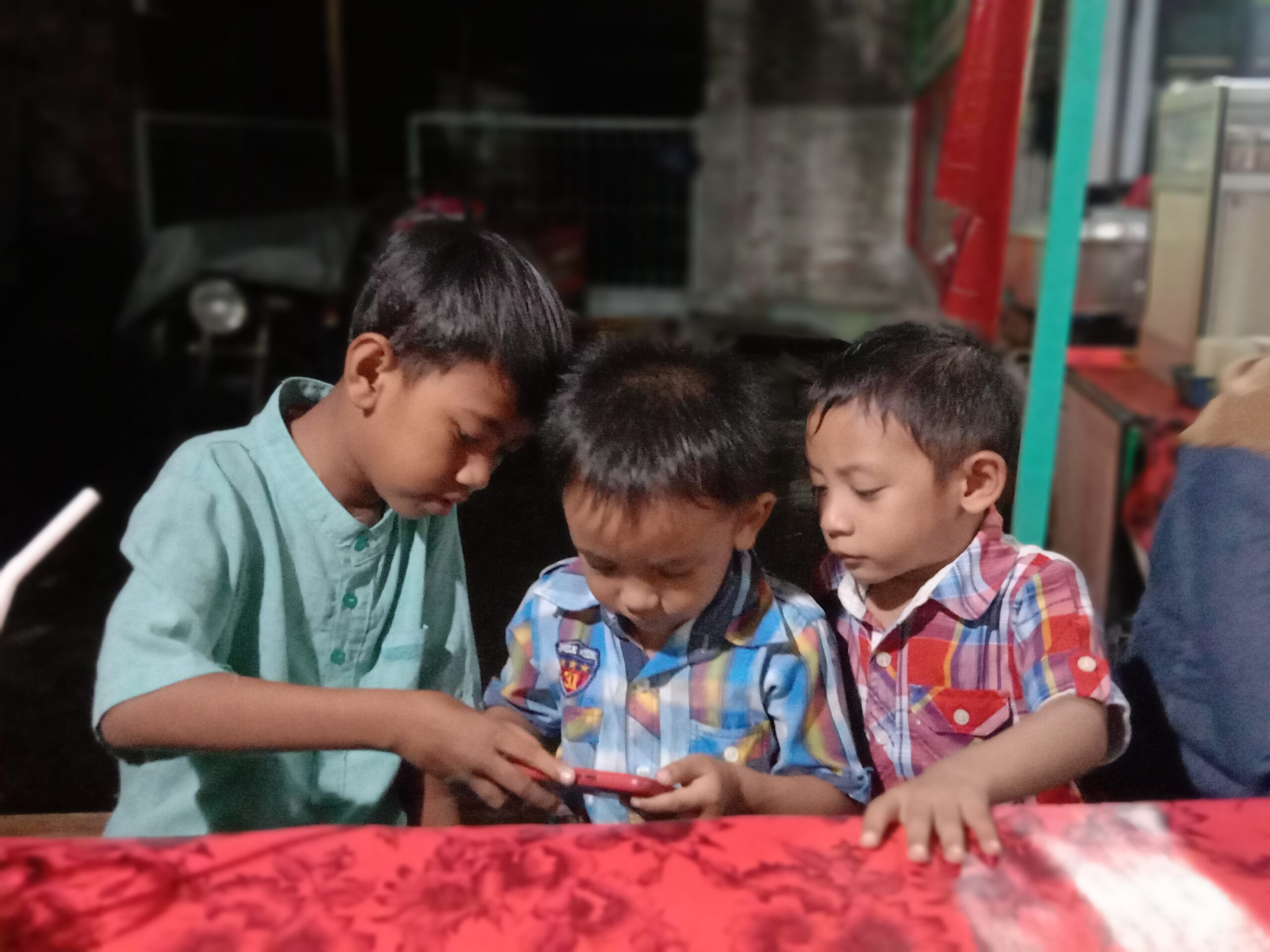April 14, 20221h7tj
Source >>>
Published on 21 Mar 2022
2 May 2022, 11:59 PM, (UTC -11)info.ejn [at] internews.org
Apply Now
EJN is offering organizational grants to media outlets, NGOs, academic institutions and other interested groups worldwide to support media and journalism activities related to coastal resilience.
Please read the following sections carefully, as they contain important information on eligibility and the application process.
Overview
Communities living in coastal regions face existential risks due to climate change. Currently, around 40% of the world’s population lives within 100 kilometers of a coast, putting them on the frontlines of climate change’s worst impacts. By 2050, the world’s 136 largest coastal cities could face damages of between $1.6 to $3.2 trillion from sea level rise alone without adaptation. Even worse, many of them could be partially underwater. The latest IPCC report underscored what communities living on the edge between land and sea have long known: Without deep cuts to emissions, their prospects are “dismal.”
Efforts to build resilience in coastal communities could have a dramatic impact in protecting the environment and the people who live there. Measures like improved urban planning, the addition of green infrastructure or living shorelines and even often difficult topics like resettlement and managed retreat are all potential options for communities living between land and sea.
Yet, communities and policymakers in coastal areas lack access to information about these solutions to build resilience to climate change. Media and other information providers in coastal areas need resources in order to communicate complicated climate change information about coastal issues effectively. Trusted, clear, timely and actionable information is needed to address vulnerabilities associated with climate change and to support building resilience.
To fill this gap, EJN is offering grants to organizations with support from the Kingfisher Foundation to support reporting and media development activities on coastal resilience topics. These organizations will receive support to expand media coverage of coastal resilience in regional languages, conduct training for journalists through workshops or webinar series, delve into specific issues through enterprise or investigative stories, develop online courses or other resources for journalists and media professionals and other potential activities.
Project themes and objectives
We are accepting applications that seek to increase media coverage or train journalists on a variety of coastal resilience topics, including ecosystem rehabilitation, livelihood and food security, shelter and infrastructure, land use and development, managed retreat and more. We are particularly interested in projects that help journalists explore similar efforts and shared solutions (including living shorelines, reef and island restoration and more) across regions.
Proposed activities should contribute to the following overarching objectives:
- Strengthen the capacity of journalists and media organizations to produce high-quality, factual and engaging public information on coastal risk and the impact of climate change on coastal communities, plus viable solutions to mitigate and respond to these impacts.
- Increase the quantity of high-quality content and media coverage on key coastal resilience themes to focus public attention on the intersections between the environment and social dimensions including food security, health, migration and more.
- Empower women, the poor, youth, members of the LGBTQIA+ community, Indigenous peoples, ethnic minorities, people with disabilities and other marginalized groups to address the disproportionate impacts of coastal issues by amplifying their voices and increasing their access to high-quality, publicly available information on resilience.
- Improve access among policymakers, government and corporate actors and the public to factual, relevant and reliable information on coastal risk and resilience.
Examples of possible activities include, but are not limited to:
- Field trips and/or training workshops that bring journalists together with experts
- Development of reporters’ resources and e-learning courses or tools
- Story grants for journalists
- Mentoring of journalists
- Special reporting projects
- Networking and partnership activities for journalists
- Development of new storytelling platforms
- Establishment of a journalists’ network.
Eligibility
Media organizations, journalist networks, universities and journalism institutions focusing on coastal resilience reporting are welcome to apply. Civil society organizations, community-based groups and research institutes will also be considered – but only those with strong media and communication components that are dedicated to supporting fair and accurate reporting. Please note that we will not consider applications rooted in advocacy, activism or political campaigning.
We are accepting applications from organizations in any country in the world, with a preference for those from coastal countries. Generally, we prefer to support organizations conducting work in the country where they are based but will consider applications from organizations looking to collaborate with groups in coastal countries.
For the purposes of this grant opportunity, we will only be accepting applications in English, Spanish and French (translations of this call for proposals are available at the bottom of the page). Unfortunately, we do not have the capacity to consider applications in other languages at this time. Applicants must either have a working understanding of English or have a translator available to assist with communication with Internews staff. However, project activities such as story publication may be completed in any language.
Organizations must be legally registered in their country and maintain a bank account with the ability to receive international funds. Organizations in India and Bangladesh (and potentially other countries with similar requirements) must have the appropriate license to receive foreign funding to be eligible. For administrative reasons out of our control, we are unfortunately unable support organizations in Pakistan.
Organizations that have received support from EJN in the past are eligible, and we will take past performance into consideration during the selection process.
EJN reserves the right to disqualify applicants from consideration if they have been found to have engaged in unethical or improper professional conduct.
Grant amount and logistics
We anticipate supporting at least 3 organizations with up to $10,000 each in funding. Generally speaking, applications with smaller budgets will be more competitive, but we will consider larger grant amounts up to $10,000 for projects using innovative approaches that may be more resource-intensive and time-consuming.
All applicants are required to provide a detailed budget with justification for the amount requested using the template provided. We ask that the budgets be reasonable and account for costs necessary for project implementation. Applicants may use a portion of the grant to purchase equipment but should clearly state how the equipment will contribute to the expected outcomes and it should make up a relatively small portion of the overall budget.
Applicants are permitted and encouraged to raise co-financing for the proposed activities, but it is not required. If you have received any co-financing, please indicate the amount and the source in your application.
We expect to notify successful applicants in early June, with projects starting work in early July. Projects should be completed within 12 months. Applicants should consider this timeline when drafting their workplan.
For projects that involve the publication of stories or other material, please note that Internews, EJN, its partners and the grant funder will be given rights to edit, publish, broadcast and distribute those materials freely.
Judging criteria
All applications we receive are reviewed and discussed by a panel of international judges, comprising Internews staff and experts in environmental reporting.
Applications will be evaluated using the following assessment criteria:
- The overall quality of the proposal;
- The relevance of the proposed project in contributing to the objectives and priorities of this grant program;
- The potential impact of the proposed project, including the quality and effectiveness of the project design;
- The innovativeness of the proposed activities;
- The financial viability and cost-effectiveness of the proposed project;
- The ability of the applicant to carry it out;
- The geographical spread of the grantees.
Application process
- Click the ‘Apply now’ button at the top of the page.
- If you have an existing account, you’ll need to log in. Since we recently updated our website, you might have to reset your password by clicking the “Forgot password?” link in the log in page. If you don’t have an account, you must register by clicking “Log in” on the top right of the page and click the “Sign up” link at the bottom of the page that opens. Click here for detailed instructions on how to create an account, and here for detailed instructions on how to reset your password.
- If you start the application and want to come back and complete it later, you can click ‘Save Draft.’ To return to the draft, you’ll need to go back to the opportunity and click ‘Apply now’ again to finalize the application.
- Applications should provide a detailed budget in an Excel spreadsheet with justification for the amount requested. Download the budget template now by clicking on this link.
If you encounter difficulties with submitting your application or have questions about the grants, please email info.ejn@internews.org. Do not contact any other Internews email regarding this opportunity, as we will not receive it.
Applications submitted after the deadline will not be considered. Please consider submitting at least one day in advance of the deadline to avoid any issues.
Banner image: Fishing boats in Cape Coast, Ghana / Credit: Hello Lightbulb, Unsplash. Translation

